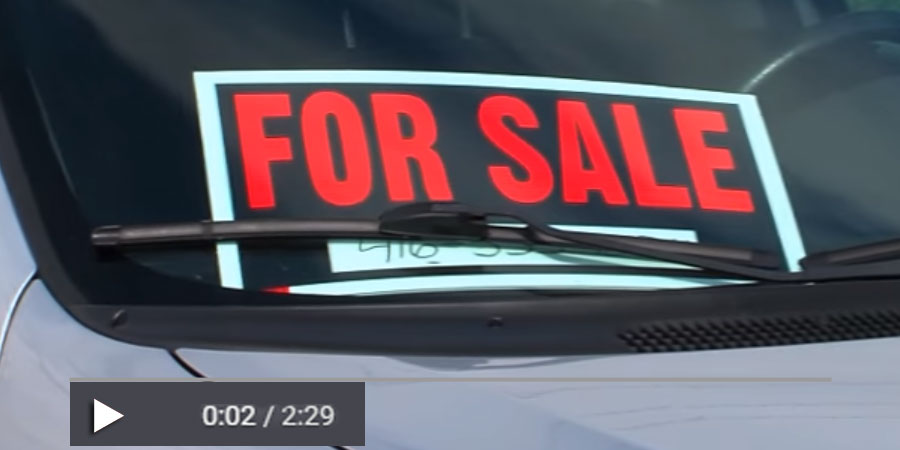Curbsiders
FAQ curbsiders: find common questions and answers below from Warren Barnard, UCDA's Director of Legal Services.
A curbsider is someone who poses as a private seller pretending to sell their own personal vehicle. In reality they are illegally in the business of selling vehicles. If you buy from a curbsider you have no protection.

Curbsiders evade the legal responsibility that dealers have to disclose all important facts about a vehicle and to stand behind what they sell. Curbers often sell vehicles with rolled back odometers, accident damage, insurance write offs and even stolen vehicles. They will typically try to hide any problems and cover up the vehicles history.

If responding to a private ad, tell the seller you're interested in the vehicle he or she has for sale. If the seller asks which one there's a good chance you're dealing with a curbsider. Don't buy a car from someone at a donut shop or in a parking lot. Deal with the seller at their home and don't buy a vehicle if it is not registered in their name. The best way to avoid curb ciders is to purchase from a UCDA member.

Studies have consistently shown that close to 25% of private ads are really, placed by curbsiders. If responding to a private ad tell the seller you're interested in the vehicle he or she has for sale, if the seller asks which one, you're probably dealing with a curbside.

You should ask the private seller for the Ontario government's used vehicle information package, commonly known as a UVIP. Private sellers are required by law to provide it to you before you buy. If a private seller won't show you a UVIP before you purchase, walk away!
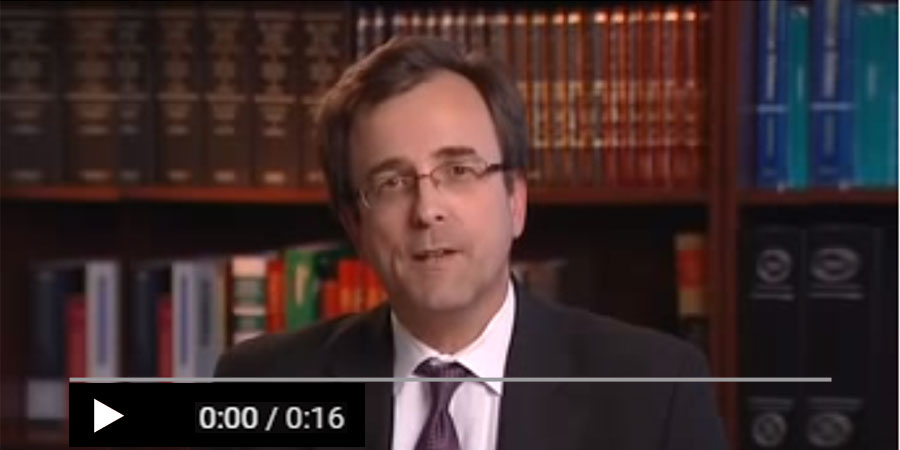
The used vehicle information package or UVIP will show the vehicle's current and past registered owners. Confirm that the vehicle is registered in the seller's name and for how long. Never buy a vehicle if it's not registered in the seller's name. In the vehicles owner history look for an unusual ownership like an insurance company and take note of whether the vehicle is branded rebuilt or salvage. This can be an important clue about a vehicle's past. The UVIP will also show you if there are any liens registered which may mean money is still owed on the vehicle.
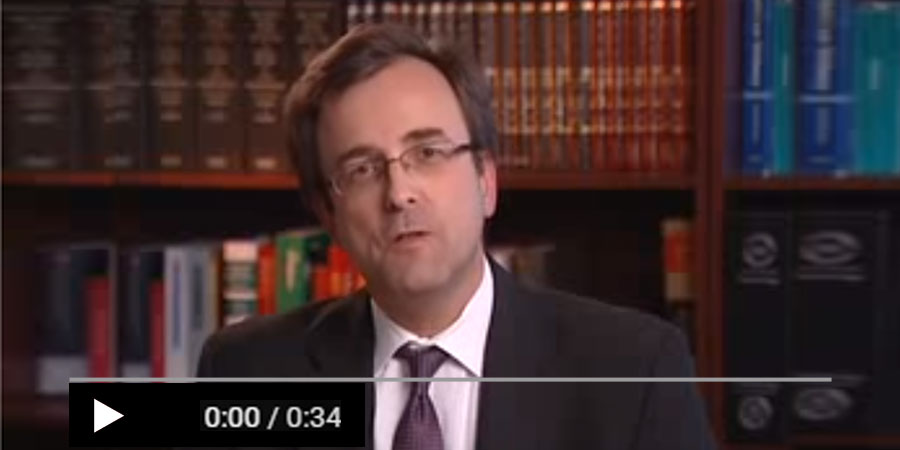
Curbsiders often tell convincing stories about why they are selling a vehicle that they may not have owned for very long. Beware of stories like I'm leaving the country, I lost my job, I'm getting a company car, it belonged to my aunt, but she passed away if a private seller won't let you test drive a vehicle or have it inspected by your mechanic. There's a good chance the seller is a curbsider.

Curbsiders get their vehicles from various sources, these include insurance, salvage auctions, public auctions and even from private individuals. More recently curbsiders have been bringing vehicles in from the United States. Curbsiders will not tell you where the vehicle came from.
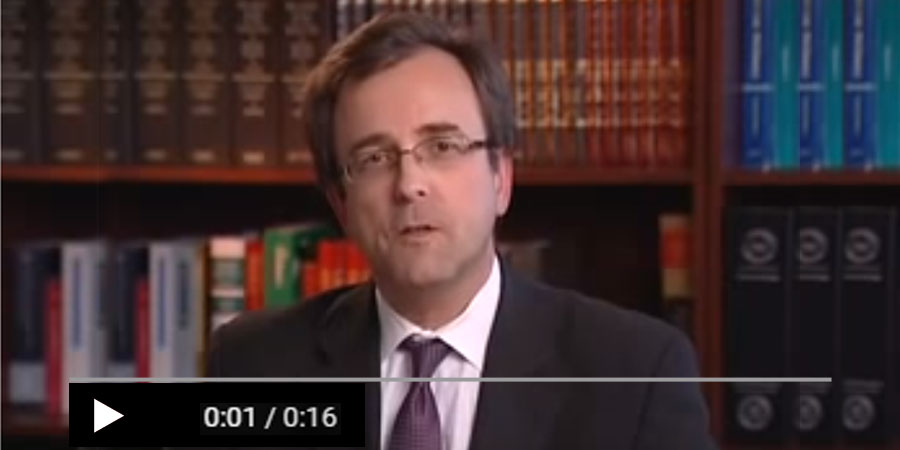
As a rule there is little chance of getting money back from a curbsider. It’s always buyer beware; when buying vehicle privately and there is a lot to beware of when dealing with a curber.
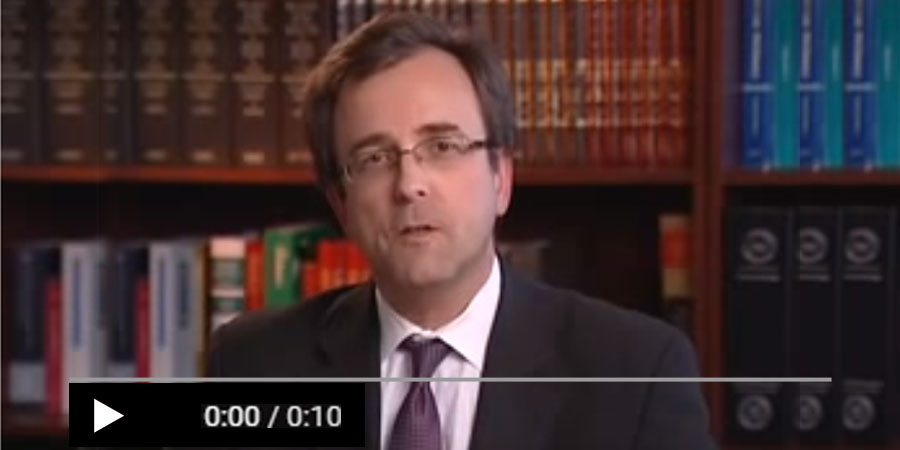
When you're shopping for a car you need to know whether you're buying from a private seller or a curbsider. Private sellers are people who are legitimately selling their own personal car.Curbsiders are illegal businessmen, they’re selling either damaged, misrepresented or even stolen cars. Curbsiders often pose as private sellers and there are a lot of them out there. How can you tell the difference between a private seller and a curbsider? You can watch for these signs! Remember curbsiders don't want to be found after the sale. They operate almost exclusively from cell phones or on the internet and they managed several different identities. By law Ontario registered dealers must tell you about a vehicle's history.
Curbsiders won't and if they do it's likely a lie. If the seller says they're selling the car for their mother, brother, sister or somebody else. It's likely a scam! Ask to see the vehicles registration and compare it to the sellers identity, if they're not the same there is something wrong. Remember curbsiders are operating illegally, they don't operate from car lots and they certainly don't want to have you to there home. Be very careful if the seller of the vehicle wants to meet you at a public place such as a parking lot or a mall. If you decide to buy a vehicle privately then ask the seller for a Used Vehicle Information Package and a vehicle history report and finally get the vehicle inspected by mechanic you trust. The safest way to buy a vehicle is from an Ontario registered dealer that way, you're protected if something goes wrong. Ontario registered dealers are required to provide detailed vehicle histories about the cars they sell as well as provide other consumer protections. Such as all-in pricing OMVIC licenses and regulates motor vehicle dealers across the province. We also administer the Motor Vehicle Dealers Compensation Fund, you might be eligible for compensation from the fund if you've suffered a financial loss but only from an Ontario registered dealer. How do you know you're dealing with an Ontario registered dealer? You can go to buywithconfidence.ca. You can also look for the blue and yellow decal on doors and windows of registered dealers.
